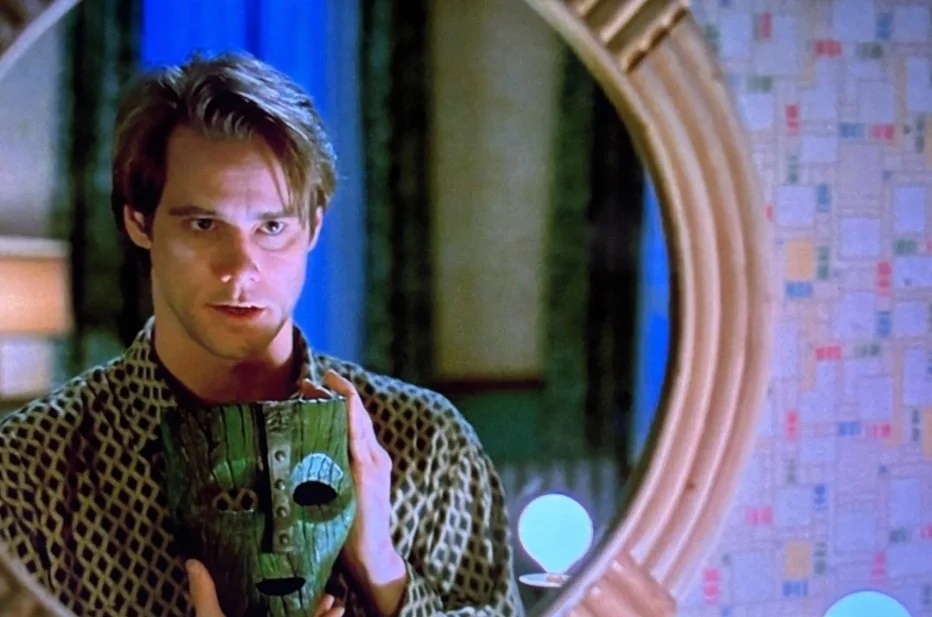Do you have a hard time asking for help? Hyper-independence actually creates more problems than it solves. Learn what counterdependence is, and how to grow beyond it.
In a conversation with Catherine Quiring of the Coming Home to Ourselves Substack, we explore the Enneagram through the lens of the show Ted Lasso, going into the importance of emotional intelligence, the role of instincts & subtypes in the Enneagram, and how these concepts can help individuals navigate their personal growth and relationships.

In a conversation with Jenn Pinkerton of the Redhead Reveal Podcast, we explore what kinds of relationship patterns the three Enneagram Instincts (Self-Preservation, Social, & Sexual) get stuck in and how to grow beyond. See how your & your loved one’s instinct sequence helps & hurts your connection!

Struggling with emotional triggers or intimacy issues in your relationships because you were hurt in the past? Brainspotting is a powerful trauma therapy that helps you release past wounds stored in the body—so you can clearly see and effectively attend to each new person and moment clearly for what it is, instead of what your old trauma ghosts tell you they are.

“The Mask”, featuring Jim Carrey, is a great movie that illustrates what the Enneagram types are like: masks (or personas) we don until we become so “fused” with them that we forget our true selves. Read this blog to learn about your mask!

I was a panelist at the EnneaSummit 2024 for the Enneagram Practitioner Panel.
In this panel, we share our experiences and observations about what different Enneagram types think they need in therapy, what they actually need, and some important growth steps so they can grow beyond their type.

What are the Emotional Habits of your Enneagram type?
Grab this free guide that highlights the patterns that keep you stuck and the steps to grow beyond your type!

What are your emotional habits?
Woo hoo!!
Check your inbox for your free gift guide,
"The Emotional Habits of Enneagram Types"!!
Proudly helping women, healers, persons of faith, caregivers, persons of color, LGBTQ+, entrepreneurs, and Highly Sensitive Persons (HSPs) who are EXHAUSTED by anxiety, guilt, shame, and an allergic reaction with anger create VIBRANT relationships where THEY MATTER, TOO!
Enneagram, EMDR, and Brainspotting Therapy in the Silicon Valley (Santa Clara County - San Jose, Los Gatos, Campbell, Cupertino, Saratoga, Santa Clara, Sunnyvale, Willow Glen, Los Altos, Milpitas) and the San Francisco Bay Area.
Offering telehealth video sessions in California.











